Becoming a doctor takes hours of educational preparation and financial sacrifices. It also takes passion.
Born and raised in Hawaii, Doctor Kellen Kashiwa of the Retina Institute of Hawaii concentrated his optometry studies in low-vision and retinal disease at Pacific University College of Optometry. During his first year of optometry school, Dr. Kashiwa was introduced to AMIGOS Eye Care, a non-profit organization of students, doctors and lay people, and the university’s affiliate of VOSH International, one of the largest eye care-providing organizations in the world, partnering with the World Health Organization.
Touched by the group’s purpose, Dr. Kashiwa went on his first mission trip with them to the Philippines. “I still remember the smile on my first patient’s face after she put on glasses and was able to read again,” he says. The following 3 days, the group helped over 1,200 patients by providing eye care through glasses and medication, or connecting those in need with local surgeons for cataract surgery.
“During that trip, I found my passion and knew this is what I was put on this world for,” Dr. Kashiwa says. “I plan on continuing to do these trips for the rest of my life.”
Last month, five optometry students from Pacific University travelled to remote villages in the United Republic of Tanzania, a country in East Africa. Tanzania is a poor country, with the largest proportion of reported persons undernourished in 2010-2012. The team of missionaries provided services in villages with extremely limited resources: very little running water, electricity, and plumbing. In a span of 4 days, the team helped over 600 patients from school-aged kids who are struggling because they cannot see in school to 90-year-olds in desperate need of bifocals.
This was Dr. Kashiwa’s sixth medical mission (previously in Mexico, Peru, Philippines, Nicaragua, and Thailand) and one of his most memorable ones because the people in Tanzania were so grateful and welcoming. Recipients who were provided a new pair of glasses can finally read again, see their loved ones, or simply see their surroundings.
For more information or to donate to AMIGOS Eye Care, visit amigoseyecare.com.



You shouldn't live with cloudy, fading vision. Our offices across the islands have all the technology, trained staff and experienced surgeons to bring your vision into focus with advanced, laser cataract surgery. Call us today at 808-955-0255 to schedule your exam.
#cataractsurgery #HawaiiHealth #visioncorrection #hawaiieyecare ... See MoreSee Less
0 CommentsComment on Facebook
Whether it's macular degeneration or cataracts or a simple eye exam, you can find the most advanced care at our offices across the islands. Mahalo, David, for taking the time to tell about your experience with Dr. Miller and our Kona team while they took care of your macular degeneration. We take care of our patients like they are 'ohana.
🌺#ohana #MacularDegeneration #hawaii #bigisland #eyecare ... See MoreSee Less
0 CommentsComment on Facebook
Each year, approximately 100,000 people suffer sports-related eye injuries, with around 13,500 leading to permanent vision loss. Most sports-related eye injuries can be prevented by wearing the right protective gear. Visit our optical in Kona and Lihue to get outfitted with the right eyewear for your active lifestyle.
#SportsEyeSafety #protectiveeyewear #sportsprotection ... See MoreSee Less
0 CommentsComment on Facebook
Your vision plays a vital role in your quality of life, and routine eye exams can help detect early signs of systemic conditions like diabetes, hypertension, and more.
✅ Schedule your annual eye exam
✅ Protect your eyes from UV rays
✅ Eat a nutrient-rich diet for healthy vision
Let’s keep our eyes—and our bodies—healthy together. 💙
#WorldHealthDay #EyeHealthMatters #VisionCare #Ophthalmology #HealthyEyesHealthyYou ... See MoreSee Less
0 CommentsComment on Facebook
Don't live with cloudy vision due to cataracts. We offer advanced Laser Cataract Surgery at the Ali’i Surgery Center on Oahu. Call us today to schedule your cataract exam and discover if now is the time for your cataract surgery. ... See MoreSee Less
0 CommentsComment on Facebook
We are so blessed with amazing optometrists who care deeply for our 'ohana. Mahalo Dr. Kashiwa, Dr. Ho and Dr. Bryant for taking such great care of our community. Happy World Optometry Day. ... See MoreSee Less
0 CommentsComment on Facebook